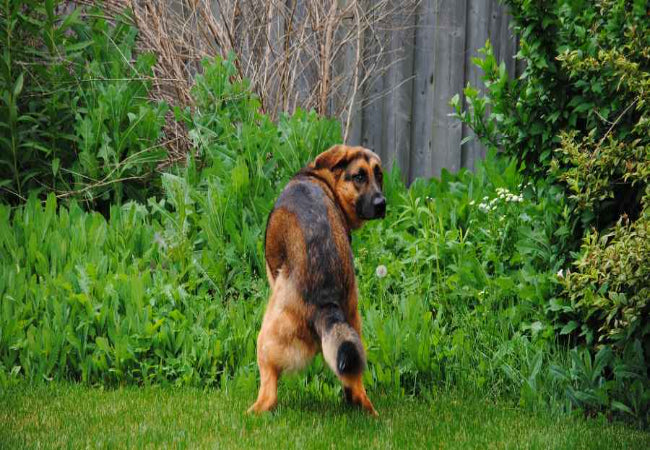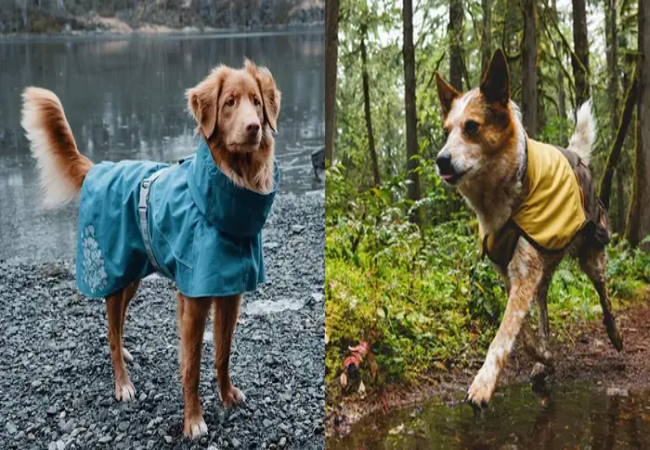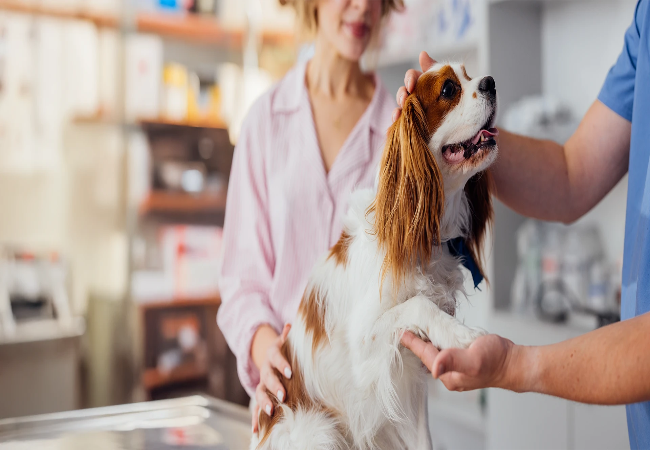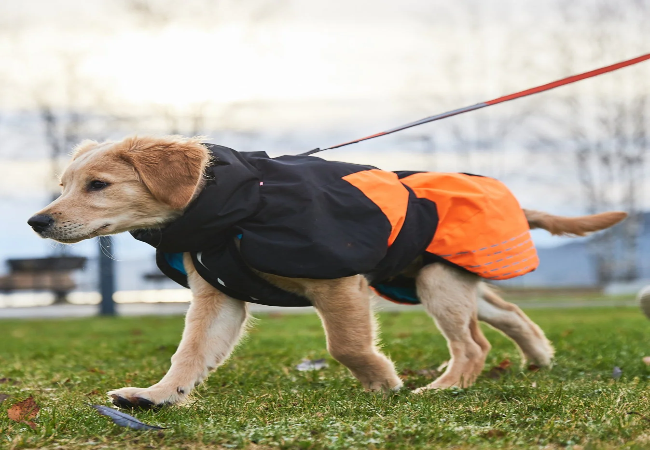Dog Poop Odor 2025: Vet-Approved Tips to Reduce Smell 🐶✨

In this article
Dog Poop Odor 2025: Vet-Approved Tips to Reduce Smell 🐶✨
By Dr. Duncan Houston BVSc
Dog feces can sometimes have a strong, unpleasant odor, and while some smell is normal, excessive odor can be unpleasant and may indicate digestive issues. Understanding why dog poop smells and how to reduce it can help keep your home fresher and your dog healthier.
Why Dog Feces Smell
The odor of dog feces comes primarily from bacteria and undigested nutrients in the digestive tract. A dog’s diet, gut health, hydration, and overall health all influence the smell. Certain foods, medications, or medical conditions can also make feces smell stronger than usual.
🥩 Diet: The Foundation of Healthy Digestion
One of the most important factors affecting fecal odor is your dog’s diet. A high-quality, balanced diet provides all the nutrients your dog needs for optimal digestion. Look for dog food with:
-
Good protein sources like chicken, beef, or fish
-
Easily digestible carbohydrates such as rice or sweet potatoes
-
Healthy fats to support metabolism and skin health
-
Vitamins and minerals for overall well-being
Avoid low-quality dog foods with excessive fillers, artificial flavors, or by-products, as these can lead to poorly digested food and smellier poop.
🦠 Probiotics: Supporting a Healthy Gut
Adding probiotics to your dog’s diet can help maintain a balanced gut microbiome. Probiotics are beneficial bacteria that support digestion, improve nutrient absorption, and reduce foul-smelling stools. You can find probiotics in:
-
Dog-specific probiotic supplements
-
Some high-quality dog foods with added probiotics
-
Natural sources like plain yogurt (in moderation)
Always consult your veterinarian before adding supplements to your dog’s diet.
🏃♂️ Regular Exercise
Exercise isn’t just good for your dog’s muscles and heart — it also supports digestion. Regular physical activity helps keep the gastrointestinal system moving efficiently, which can reduce gas and fecal odor. Activities like daily walks, playtime, or swimming can make a noticeable difference.
💧 Proper Hydration
Water is essential for digestion. Dogs that aren’t drinking enough water may have harder stools that smell more. Ensure your dog always has access to clean, fresh water to support gut health and regular bowel movements.
🩺 Regular Veterinary Check-Ups
Sometimes, strong-smelling feces can signal an underlying health issue such as:
-
Parasites (worms, giardia, etc.)
-
Food intolerances or allergies
-
Pancreatic or liver problems
-
Infections or inflammatory bowel disease
Schedule routine vet visits and consult your veterinarian if you notice persistent foul-smelling feces, diarrhea, vomiting, or other unusual symptoms. Early detection can prevent more serious problems.
🧹 Proper Waste Management
Even with a healthy dog, poop has an odor. Cleaning up immediately and disposing of waste properly helps control smells in your home and yard. Use sealed, odor-resistant bags or containers, and consider using pet-safe waste deodorizing products.
🌿 Odor Neutralizers
There are various commercial odor neutralizers designed for dog waste, including:
-
Enzyme-based sprays for yards
-
Litter box-style indoor deodorizers for small dogs
-
Compostable bags with odor control
These products can help manage smell between clean-ups, but should be used alongside proper hygiene and diet management.
⚠️ When to Be Concerned
Some fecal odor is normal, but consult your veterinarian if your dog’s stool is:
-
Extremely foul-smelling
-
Consistently loose or watery
-
Accompanied by vomiting, lethargy, or weight loss
-
Containing blood or mucus
These could indicate digestive problems that need veterinary attention.
✅ Final Tips
-
Focus on quality diet and probiotics for long-term gut health.
-
Keep your dog active and hydrated.
-
Clean up promptly and use odor-neutralizing products when needed.
-
Watch for signs of illness and consult your vet when necessary.
By addressing diet, digestion, and hygiene, you can reduce the smell of your dog’s feces while supporting their overall health. Remember, some odor is natural and healthy, but consistent, extreme smells warrant a check-up.



